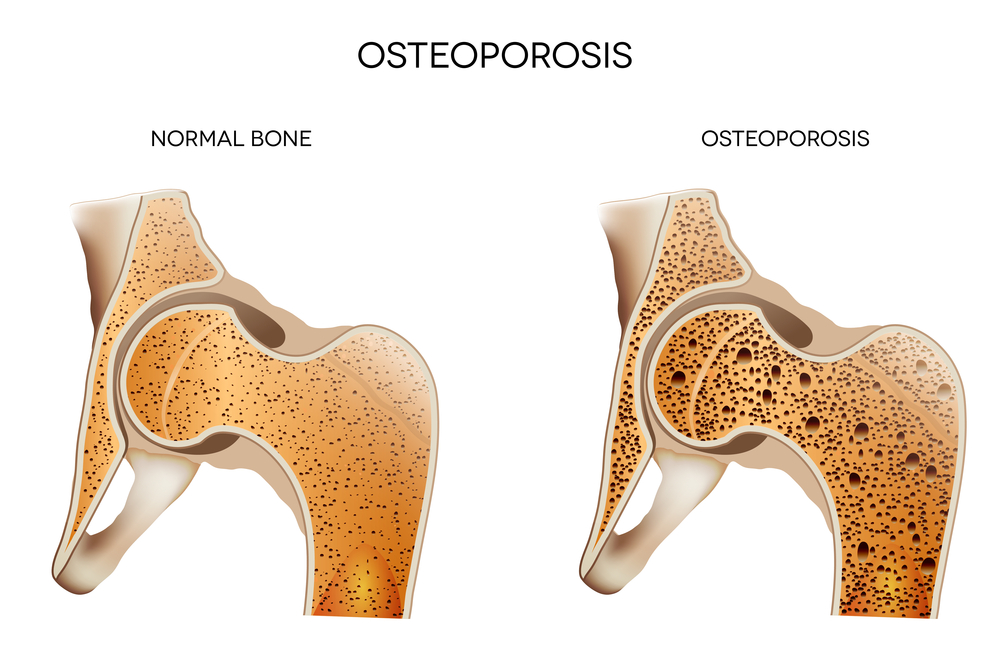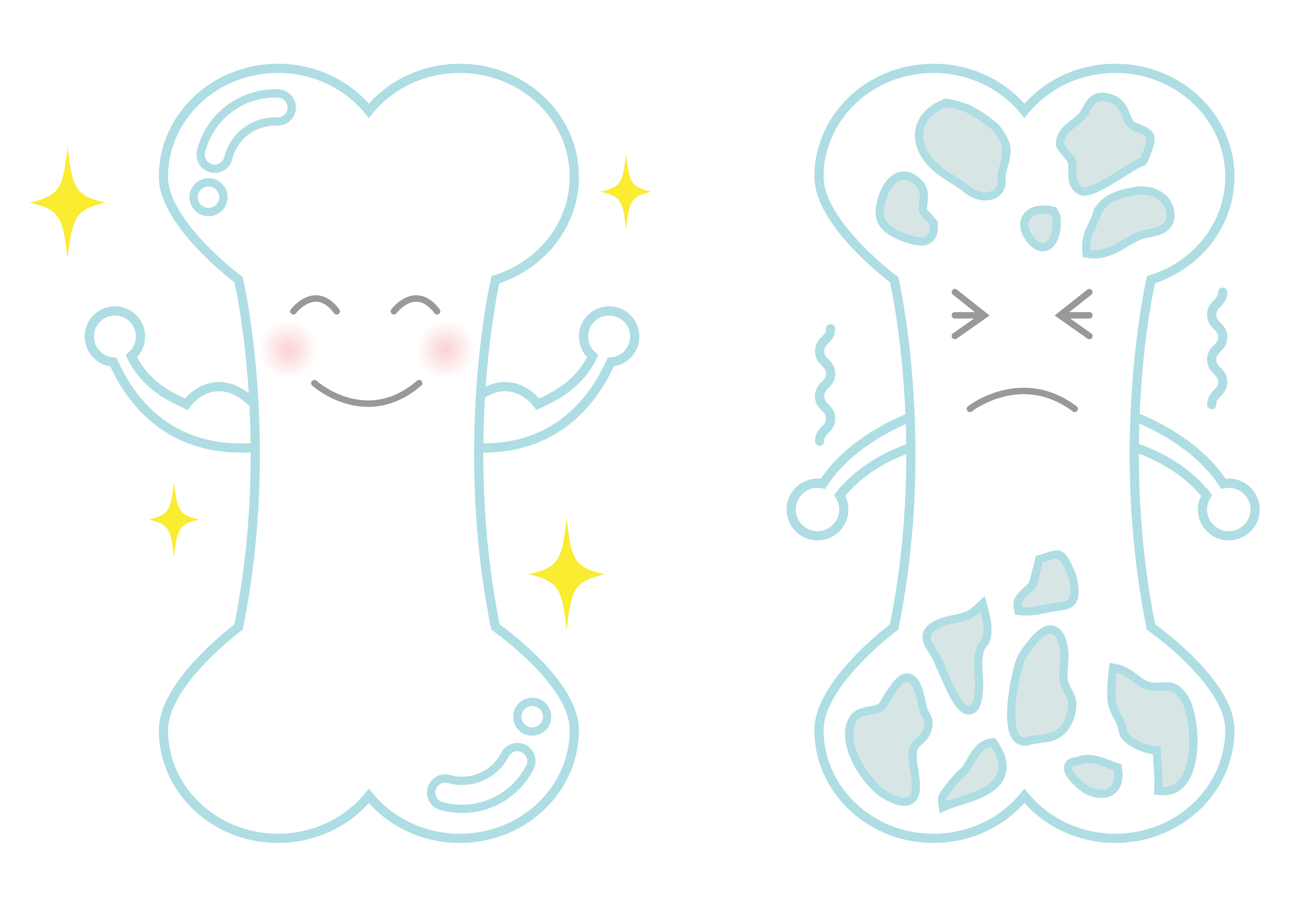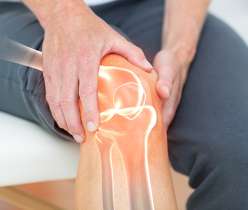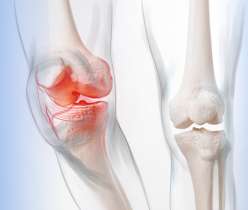The higher the bone density, the stronger and denser your bones are. A nutritious diet and good exercising habits promote it. Natural methods not only improve your bone health but also work to improve your overall health.
Bone density:
Bones surround and protect organs, such as heart and brain. Bones of a homosapien are very strong and can resist tremendous bending and compression forces without breaking. These are the blend of magnesium, calcium, and other healthy minerals. Bone density is the quantity of bone mineral (calcium) in bone tissue. It is used to estimate the strength of your bones. Bone strength is essential for the health of the entire body.
Cause of low bone density:
After the age of 30, we all begin losing bone mass. Bones naturally become thinner (also called as osteopenia) as we grow older due to bone resorption, which gradually begins to form new bones. The process of new bone formation leads to bone loss. As this occurs, your bones lose essential bone minerals such as calcium, which makes your bones fragile and porous. The skeleton weakens and risk of fractures increases.

Also Read: Foods that reduce bone density
With further bone loss, osteopenia results in osteoporosis, a disease caused by an excessive loss of bone mineral mass. It is also known as a silent epidemic where the density and quality of bones are reduced. This means the thicker and stronger your bones are, the longer it takes to get osteoporosis. Bone loss occurs silently and progressively without any symptoms or indicators until the first fracture occurs.
The fracture may happen most commonly at spine, wrist, and hip. Osteoporosis most commonly develops in elderly women. It is estimated that one out of three women over 50 will have fractures more than breast cancer. Males are also at risk of bone loss. Approximately one out of five men over 50 will be more prone to fracture than prostate cancer.
Although genetic factors, mostly determine the density of your bone. Also, lifestyle factors such as healthy diet, regular smoking, absence of alcohol, and a no smoking program play a key role in maintaining bone vitamins. In order to avoid conditions associated with reduced bone density, it is important to improve your bone density using natural methods.
Benefits of bone density:
A high bone density means that you are less likely to suffer from a broken bone condition as you age. In the past, the health care specialists would diagnose osteoporosis only after a patient broke one of his/her bones. But, now a bone density test can be performed especially if you are at high risk for osteoporosis. At a young age, your bones are continuously regenerating themselves, adding essential minerals from your daily diet. As you grow older, your body becomes less active in this process, making you more vulnerable to developing problems related to reduced bone density.
A healthy diet:
At every stage of life, a balanced diet full of nutrition assists strong bones. A high-quality diet is a mixture of sufficient calories and adequate amount of carbohydrates, fat, and proteins. It also includes vitamins and minerals, particularly vitamin D and the mineral calcium. Good nutrition helps to pick up bone mass in children and adolescence and in individuals who have had a broken bone, it fastens the process of recovery as well as reduces the risk of other bone injuries. If you are not able to merge enough calcium in your diet due to any health condition, you can go for bone health supplements, which are also readily available in the market these days.
A varied diet and good eating habits that include foods rich in calcium are a key source for lifetime strong bones. Calcium is considered to be the building block of the bone tissue and our skeleton system stores about 99% of the calcium. This bone mineral acts as a reservoir for maintaining the level of calcium in the blood, which is required for proper muscle and nerve functioning. Dietary products are the most readily available sources of calcium in the market.
Dairy foods need to be consumed on a regular basis for bone and general health. They have the additional advantage of being an excellent source of proteins and other micronutrients. Other good foods containing calcium includes green vegetables, Brazil nuts, canned fish with soft bones, some fruits such as oranges and apricots, and tofu. Increase bone mass by adding calcium-rich foods in your diet plan.
Also Read: Understanding Osteoporosis
Regular exercise:
Bones respond to exercise by becoming thicker and stronger. People who follow an exercise schedule attain maximum bone mass and strength than those who do not. It is best to participate in a weight bearing exercise thrice a week to strengthen your bones. These exercises may include jogging, walking, dancing, climbing stairs, playing tennis, and hiking.
Try to choose a resistant training method where you can work against the force of gravity. Remember, the type of the exercise you choose impacts the percentage of bone density. For example, an individual who takes part in cycling and swimming have a low density than a person who participates in running, jumping, powerlifting, etc. When you exercise regularly, your bone mass increase which is a good sign for your bone health.




